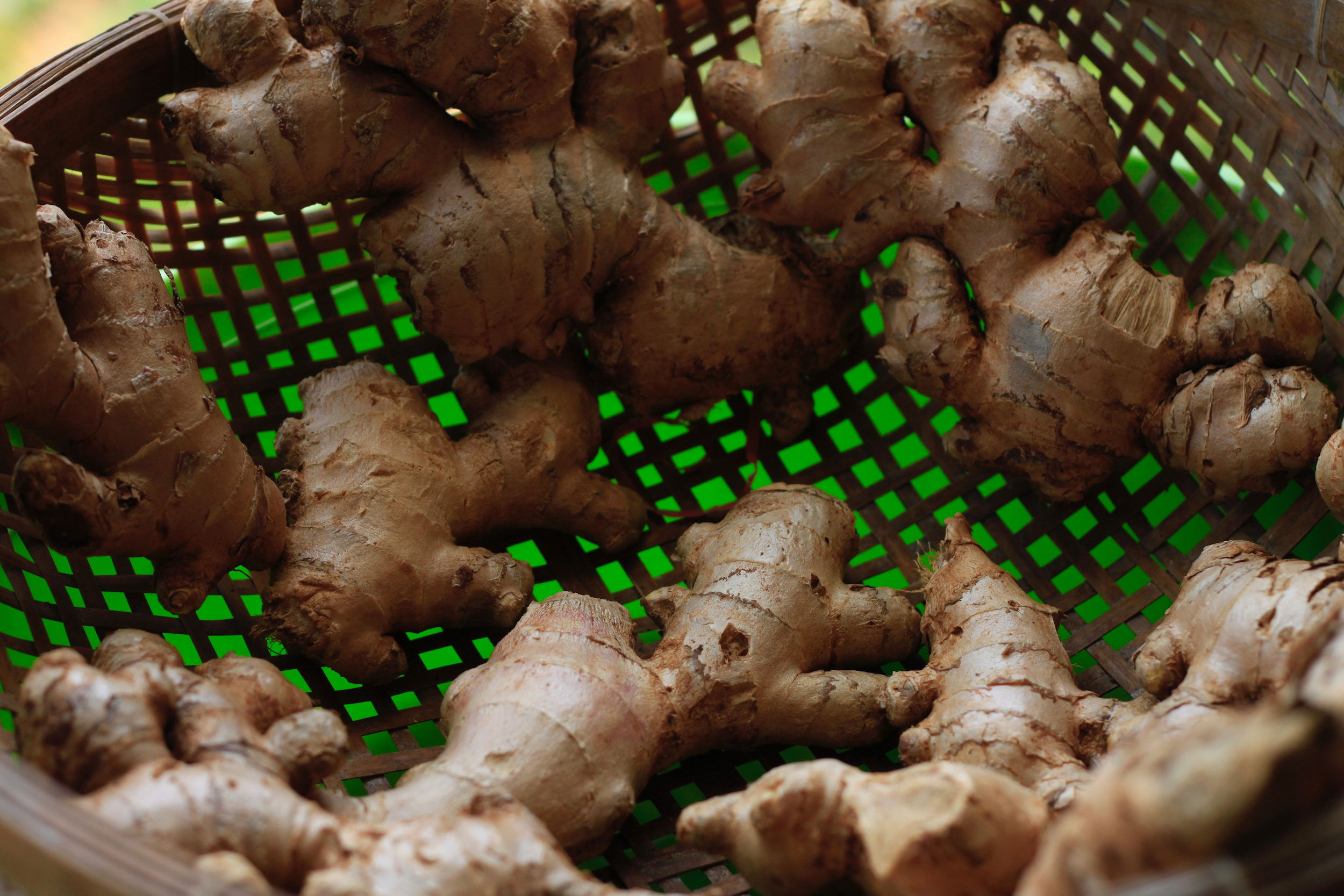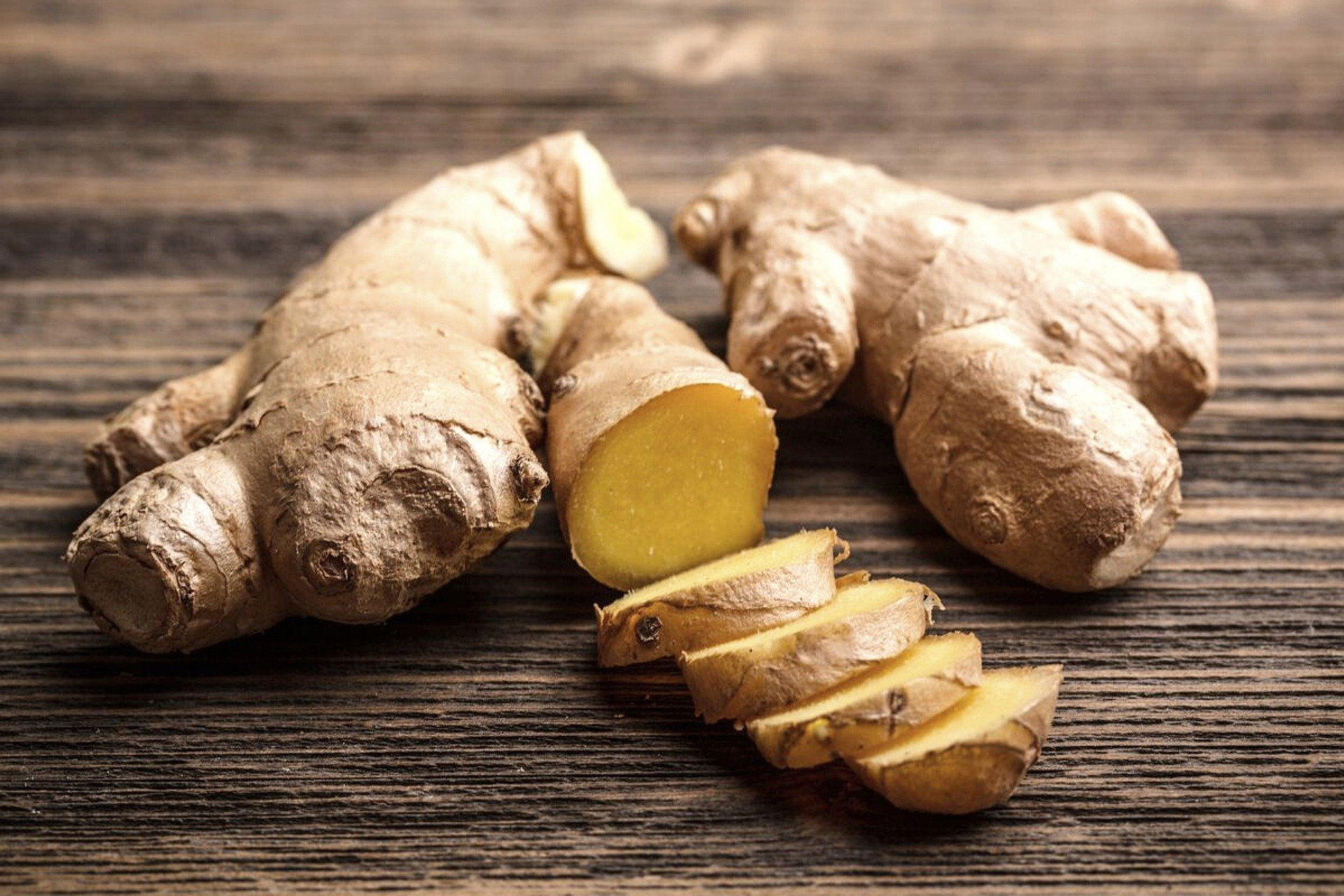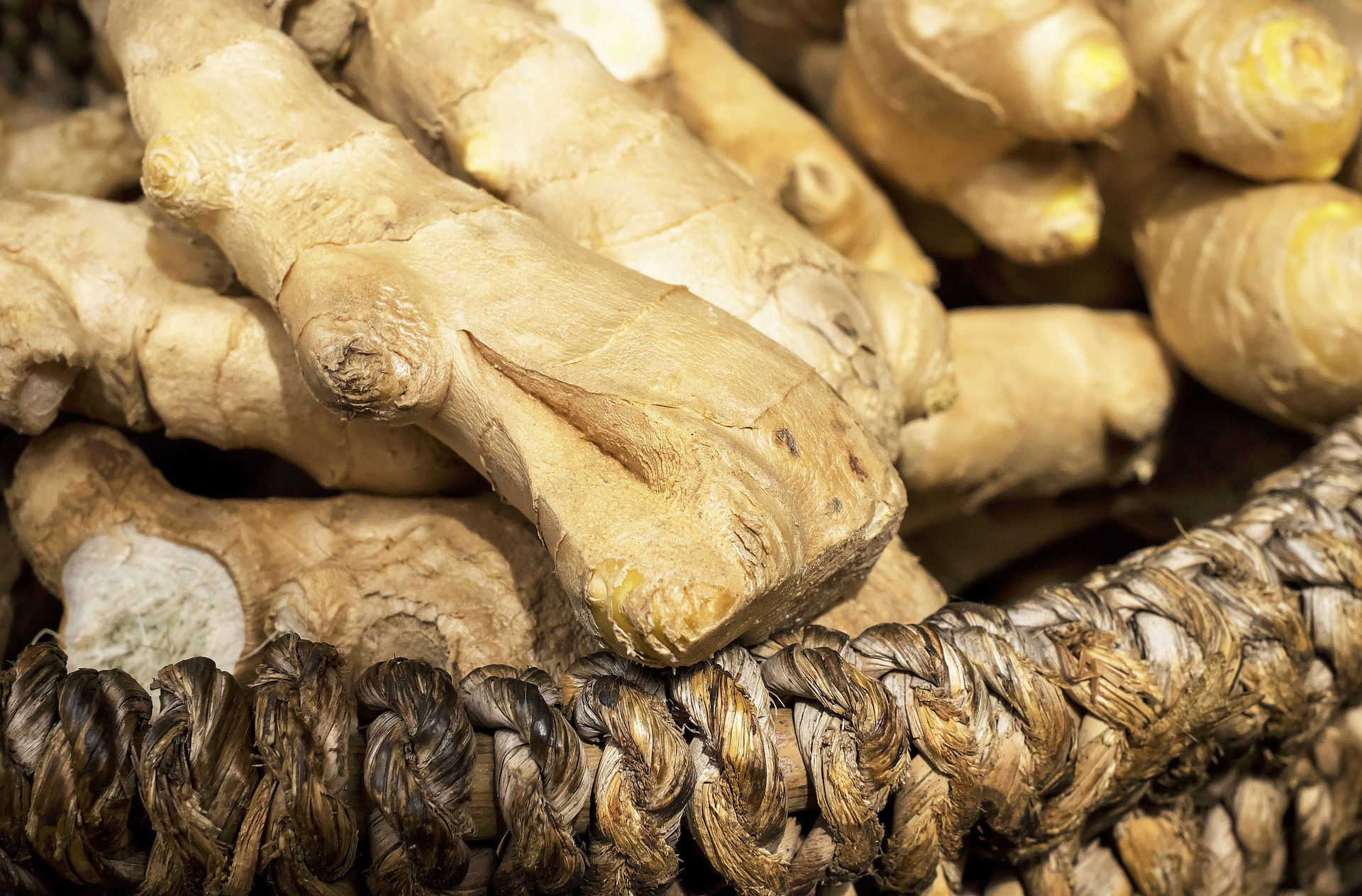Demand for Thai Ginger in Bahrain
Bahrain has been increasingly importing fresh Thai ginger from Thailand to meet the growing demand for this versatile and flavorful ingredient in Bahraini cuisine. Thai ginger is prized for its unique flavor profile and medicinal properties, making it a popular ingredient in a wide range of dishes. In this article, we will explore the reasons behind Bahrain's increasing appetite for Thai ginger, the benefits of fresh Thai ginger for Bahraini cuisine, the impact of Thai ginger imports on Bahrain's economy, and the challenges of importing Thai ginger to Bahrain.
We will also look at the future of Thai ginger in Bahraini markets, innovative ways to use Thai ginger in Bahraini cooking, and where to find the best quality Thai ginger in Bahrain.

The Growing Demand for Thai Ginger in Bahrain
Bahrain's love for Thai ginger has been on the rise in recent years. The demand for this delicious spice has been steadily increasing, and Bahraini consumers are willing to pay a premium for the high-quality Thai ginger. The demand for Thai ginger has become so popular that Bahrain has become one of Thailand's top export destinations for this spice.
Bahrain's Increasing Appetite for Thai Ginger
Thai ginger has become increasingly popular in Bahraini cuisine, and it's easy to see why. Fresh ginger is a versatile ingredient that can be used in a wide range of dishes, from soups and stews, to curries, marinades, and even desserts. Bahraini food lovers appreciate the unique flavor and aroma of Thai ginger, which has a sharper and more pungent taste than other types of ginger.
The Popularity of Thai Ginger in Bahraini Cuisine
Bahraini cuisine has a long history of incorporating spices and herbs, and Thai ginger has become a staple ingredient in many traditional Bahraini dishes. Thai ginger is particularly popular in Bahraini seafood dishes, such as grilled fish, prawns, and calamari. It's also used in meat dishes like lamb and chicken curries. The spice's unique and complex flavor profile enhances the taste and aroma of these dishes, making them even more delicious.

The Benefits of Fresh Thai Ginger for Bahraini Cuisine
There are several benefits to using fresh Thai ginger in Bahraini cuisine.
The Unique Flavor Profile of Thai Ginger
Fresh Thai ginger has a distinct and unique flavor profile that sets it apart from other types of ginger. It has a strong, spicy, and slightly sweet flavor that adds depth and complexity to any dish. Its intense aroma also brings a freshness and liveliness to the food.
The Medicinal Properties of Thai Ginger
In addition to its culinary benefits, Thai ginger is prized for its medicinal properties. It's believed to have anti-inflammatory, antioxidant, and anti-cancer effects. It's also been shown to help with digestive problems, nausea, and motion sickness. Incorporating Thai ginger into Bahraini cuisine can be a great way to promote health and wellness.

The Impact of Thai Ginger Imports on Bahrain's Economy
Thai ginger has become an increasingly important import commodity for Bahrain.
Thai Ginger as a Key Import Commodity for Bahrain
Bahrain imports a large amount of Thai ginger to meet its growing demand for this spice. The import of Thai ginger has become a significant part of Bahrain's agricultural and food trade.
The Economic Benefits of Thai Ginger Imports for Bahrain
The import of Thai ginger has several economic benefits for Bahrain. It creates jobs in the import and distribution industries, and it also generates revenue for the government through import taxes. Additionally, the import of Thai ginger supports Thai farmers and helps sustain their livelihoods.

Exploring the Trade Relationship between Thailand and Bahrain
The trade relationship between Thailand and Bahrain has a long history, and Thai ginger has become a key part of this trade.
The History of Trade between Thailand and Bahrain
Trade between Thailand and Bahrain has been ongoing for centuries. Historically, Bahrain was an important hub for trade between Arabia, India, and Southeast Asia. Today, the two countries maintain strong diplomatic and trade relations.
The Importance of Thai Ginger in Thailand-Bahrain Trade
Thai ginger has become an important commodity in Thailand-Bahrain trade, accounting for a significant portion of the trade volume between the two countries. The growing demand for Thai ginger in Bahrain has helped strengthen the trade relationship, and it's likely to continue to be an important part of their trade in the future.

The Challenges of Importing Thai Ginger to Bahrain
Bahrain is known for its love of spicy and aromatic flavors, and Thai ginger has become a popular choice for many Bahraini households and restaurants. However, importing fresh Thai ginger to Bahrain is not without its challenges.
The Logistics of Transporting Fresh Thai Ginger
Fresh Thai ginger is highly perishable and needs to be transported quickly to maintain its quality. This can be a challenging task, especially when importing from Thailand, which is thousands of miles away. The transportation process involves carefully monitoring the temperature and humidity levels to ensure that the ginger arrives at its destination in perfect condition.
The Legal and Regulatory Challenges of Importing Thai Ginger to Bahrain
Importing fresh ginger to Bahrain requires compliance with strict regulations related to quality, safety, and phytosanitary measures. The Bahraini authorities impose strict guidelines on the importation of fresh produce to protect consumers from health risks and pests. These regulations can add to the cost of importing Thai ginger and make it a challenging process for importers.

The Future of Thai Ginger in Bahraini Markets
Despite the challenges of importing Thai ginger, its popularity in Bahraini markets is expected to continue growing.
The Potential for Growth in Thai Ginger Demand in Bahrain
Bahrain has a diverse food culture, and Thai ginger's versatility makes it an excellent ingredient for traditional Bahraini dishes as well as modern fusion cuisine. As the demand for unique and flavorful ingredients continues to rise, Thai ginger is poised to become an essential component of Bahraini cooking.
Innovations in Thai Ginger Farming and Production
Thai ginger farming and production have seen significant improvements in recent years. Innovative growing practices and techniques have made it possible to grow high-quality ginger with a longer shelf life. These innovations have helped to reduce the cost of production and transportation, making Thai ginger more readily available in Bahraini markets.

Innovative Ways to Use Thai Ginger in Bahraini Cooking
Thai ginger's distinctive taste and aroma make it an ideal ingredient for exciting and unique dishes in Bahraini cuisine.
Traditional Bahraini Recipes that Incorporate Thai Ginger
Thai ginger can add a spicy and tangy flavor to traditional Bahraini dishes like machboos, a rice-based dish made with meat or fish. It also pairs well with seafood dishes like grilled prawns or fish.
Modern Fusion Dishes that Incorporate Thai Ginger
Thai ginger can be used in many modern fusion dishes, like ginger chicken or ginger stir-fry, to add a unique twist to traditional dishes.

Where to Find the Best Quality Thai Ginger in Bahrain
Finding high-quality Thai ginger in Bahrain can be challenging, but with the right guidance, it is possible to source the best ginger available.
The Top Importers and Suppliers of Thai Ginger in Bahrain
Several importers and suppliers in Bahrain deal with Thai ginger. These include supermarkets, specialty food stores, and online retailers. Researching and finding reputable suppliers can help ensure that you get the best quality ginger available.
Tips for Identifying High-Quality Thai Ginger
When purchasing Thai ginger, look for firm, plump ginger with a smooth and unblemished skin. The aroma should be fresh, and the root should feel heavy, indicating it is fresh and moist. Avoid ginger with wrinkled, soft spots or moldy areas. In conclusion, the demand for fresh Thai ginger in Bahrain continues to grow, and Thai ginger is becoming an essential ingredient in Bahraini kitchens. Despite the challenges of importing fresh produce, Bahrain remains committed to sourcing high-quality Thai ginger from Thailand. The unique flavor and health benefits of Thai ginger make it a valuable addition to any cuisine, and we expect to see continued growth in its popularity in Bahrain and beyond.

FAQ
Why is Thai ginger so popular in Bahraini cuisine?
Thai ginger's unique flavor profile and medicinal properties make it a prized ingredient in Bahraini cuisine. It adds a distinctive aroma and taste to dishes while also aiding digestion, reducing inflammation, and boosting the immune system.
Where is most of the Thai ginger in Bahrain imported from?
Most of the Thai ginger in Bahrain is imported directly from Thailand. However, some suppliers may also source Thai ginger from other countries in the region.
What are some traditional Bahraini dishes that use Thai ginger?
Thai ginger can be used in a wide range of Bahraini dishes, from hearty stews and curries to light salads and dips. Some popular dishes that incorporate Thai ginger include machboos (spiced rice and meat), houmous (chickpea dip), and muhammara (red pepper dip).
How can I tell if the Thai ginger I am buying is of high quality?
When buying Thai ginger, look for pieces that are firm, plump, and free from blemishes or soft spots. The skin should be thin and smooth, with a bright yellow-orange color. To test for freshness, gently scratch the skin with your fingernail – if the flesh beneath is moist and fragrant, the ginger is likely fresh.
